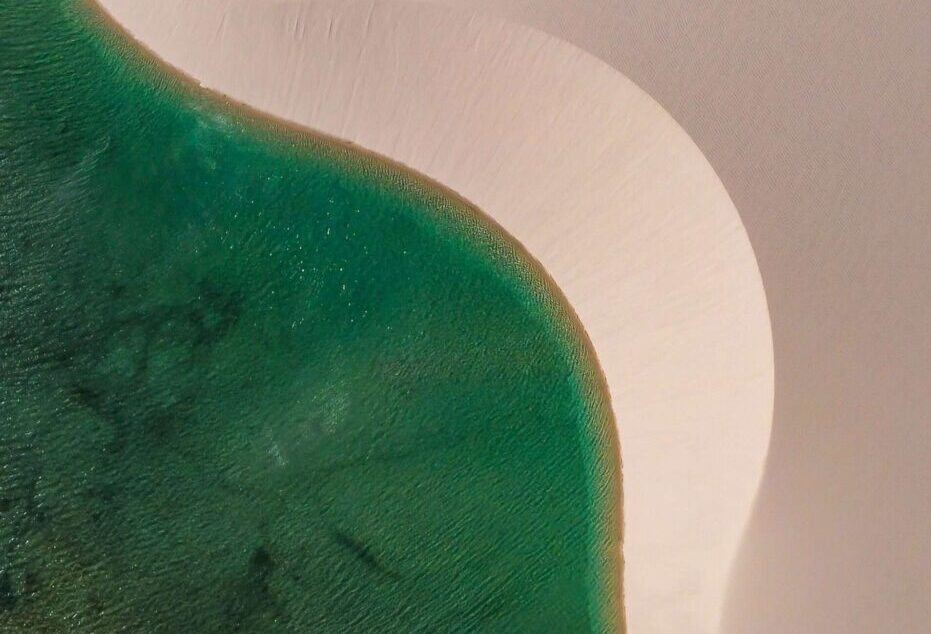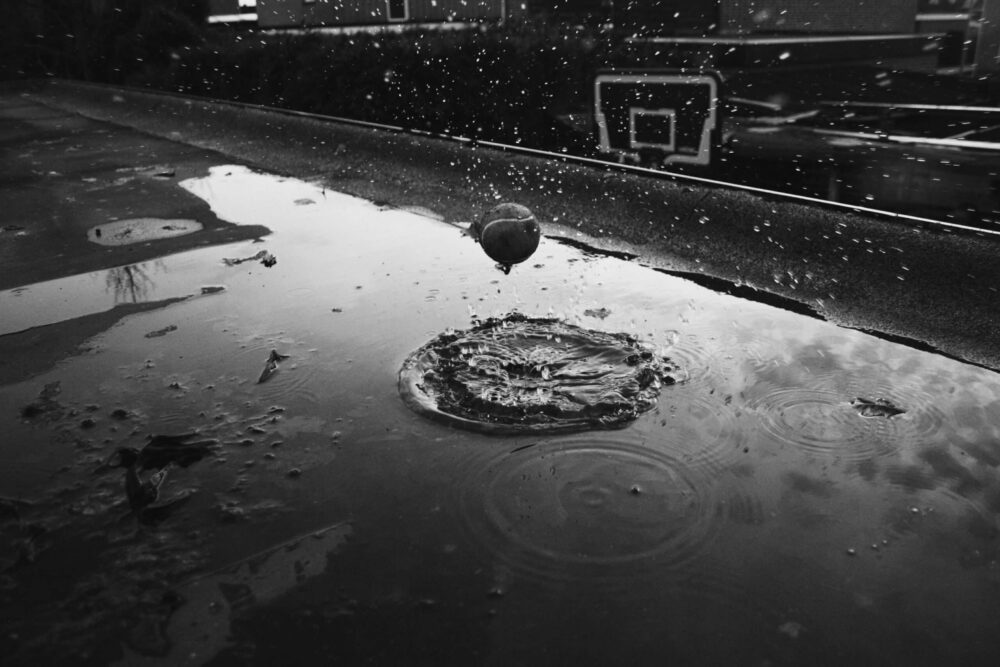The UAE (United Arab Emirates) consumes an average of 13 billion bags of plastic and approximately 450 billion plastic bottles every year as per data provided by the Ministry of Climate Change and Environment. A significant portion of plastic bottle consumption comes from bottled water use. The UAE had been ranked the eighth largest per-capita consumer of bottled water in 2017 (https://www.ncbi.nlm.nih.gov/pubmed/31491924) owing to high temperatures, low rainfall, and increasing demand with increasing population. Excessive use of plastic is not just a hazard to public health due to release of harmful chemicals such as BPA (Bisphenol A) present in plastics but also an environmental hazard posing severe threat to the ocean and marine life. Although plastic is recyclable, only 20 percent is recycled due to lack of public awareness resulting in the remainder of the plastic being disposed either into the land or oceans and other water bodies. In addition to the health and environmental impacts, bottled water is also more expensive than tap or filtered water. Home water filtration systems therefore provide an eco-friendly and healthy alternative to bottled water. This article discusses the advantages of home water filtration system over bottled water particularly focusing on the impacts of bottled water on human health and the environment.
ENVIRONMENTAL AND HEALTH IMPACTS OF PLASTIC BOTTLED WATER
The manufacturing of plastic bottles is an energy-intensive process with production of plastic bottles requiring approximately 17 million barrels of oil each year an amount that can be used to fuel over one million cars for an entire year. The water bottle production process utilizes the chemical polyethylene terephthalate (PET) which requires an extremely large amount of fossil fuel for its production and transportation. The amount of water required to produce bottled water is three times the amount required to fill it. It can be concluded that this process requires a tremendous amount of non-renewable sources of energy. However, it’s the disposal of plastic bottles that has a much more severe impact on the environment. Most of the plastic water bottles are either disposed in landfills, or oceans and other water bodies. Studies indicate that approximately 46,000 pieces of plastic trash are floating on the ocean per square mile. The plastic poses a safety hazard to the aquatic life by leaching chemicals into the ocean and disrupting ecosystem. Each plastic bottle can take up to one thousand years to decompose, leaking dangerous and harmful chemicals during the process. Some toxins leaked are carcinogenic and could cause reproductive disabilities. Incineration of plastic bottles produces toxic by-products such as chlorine gas and ash containing heavy metals.
Studies show that many consumers associate bottled water with healthy living. But bottled water is not guaranteed to be any healthier than tap water. In fact, roughly 40 percent of bottled water begins as tap water; often the only difference is added minerals that have no marked health benefit. Additionally, plastic bottles contain the contaminant BPA. Studies indicate that exposure to BPA can cause reproductive disorders, heart disease, type-2 diabetes and also impact body weight. Environmental exposure to BPA has the potential to affect the developing brain during gestation, according to research.
In UAE, a family of four spends approximately Dh1300 – Dh1500 per year on bottled water. A filtration system is not a cost-effective but a healthy alternative.
BENEFITS OF WATER FILTRATION SYSTEMS
The harmful impact of the use of plastic products has been discussed in the above sections. Home water filtration systems provide cost-effective solutions to drinking water issues currently prevalent in the UAE. There are a wide range of water filtration products available at Saniservice that provide treatment solutions to different water quality issues such as heavy metal removal, taste and odor issues, turbidity removal, microbial, etc. In order to select most efficient/effective water filtration system, homeowners should get their water quality tested by professional/certified laboratory. The Activated Carbon water filters by 3M provide chlorine reduction; eliminate taste and odor issues caused by dissolved inorganics and turbidity due to organic contaminants. Blue Pluser offers under-sink reverse osmosis filter systems that use permeable membranes to remove ions, and larger particles from drinking water. Kinetico has Advanced Water Filtration systems that remove heavy metals such as lead and sediments from the water.
Home water filtration system provides an environmental friendly, healthier and cost –effective alternative to bottle water. Filtration systems can help reduce the carbon footprint by seventy-two percent and thus preserve the ecosystem.
REFERENCES
https://www.ncbi.nlm.nih.gov/pubmed/31491924
https://www.export.gov/article?id=United-Arab-Emirates-Water
http://www.gogreen.org/blog/impacts-of-plastic-water-bottles
https://www.medicalnewstoday.com/articles/221205.php
https://www.khaleejtimes.com/uae/dubai/no-more-bottles-khaleej-times-pledges-to-use-filtered-water-
https://www.medicalnewstoday.com/articles/221205.php
https://www.thenational.ae/uae/environment/bottled-water-more-harmful-than-uae-s-tap-water-1.660472


